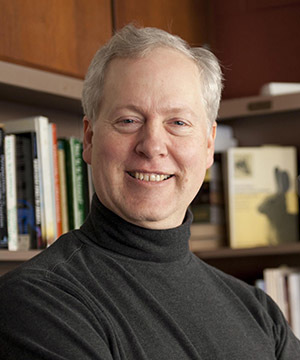Summary

There is a moral core to science that quietly guides its practices and its practitioners. The distinctive goals and methods of science give rise to a special set of what I call the "scientific virtues,” including traits such as curiosity and humility to evidence. How are these epistemic and ethical values constituted and how are they transmitted in the scientific community? To explore scientists’ own thinking about the guiding purpose of science and the character traits that are essential to the practice of science, the Scientific Virtues Project surveyed a random sample of 500 exemplary scientists as reflected by membership in the National Academies and other major disciplinary honors and a second group of junior scientists. This study provides the first systematic survey of the values that define what it means to be a scientist since Robert Merton’s seminal work in the 1940s and 50s. This presentation will discuss the preliminary results this national study, the two decades of philosophical, historical, and sociological research that led up to it, and some of its implications for STEM education and responsible conduct of research.
Speaker
Robert T. Pennock is a professor at Michigan State University, where he is on the faculty of Lyman Briggs College, the Departments of Philosophy and Computer Science, and the Ecology, Evolutionary Biology and Behavior program. His research involves both experimental and philosophical questions that relate to evolutionary biology and cognitive science, such as the evolution of altruism, complexity, and intelligence. He is a PI of the BEACON Center for the Study of Evolution in Action, and the Scientific Virtues Project. A national leader in evolution education, he was an expert witness in the historic Kitzmiller v. Dover Area School Board Intelligent Design creationism case. Pennock is a Fellow of the American Association for the Advancement of Science, and he has served on the AAAS Committee on the Public Understanding of Science and Technology and the NAS Evolution, Creationism and Science authoring committee. He received his B.A. in biology and philosophy from Earlham College and his Ph.D. in history and philosophy of science from the University of Pittsburgh.
Free and open to the public.
This lecture is made possible by support from the Templeton Religion Trust, the Cultivating Virtuous Scientists Project, the John J. Reilly Center, and the Notre Dame College of Science.
Originally published at ctshf.nd.edu.